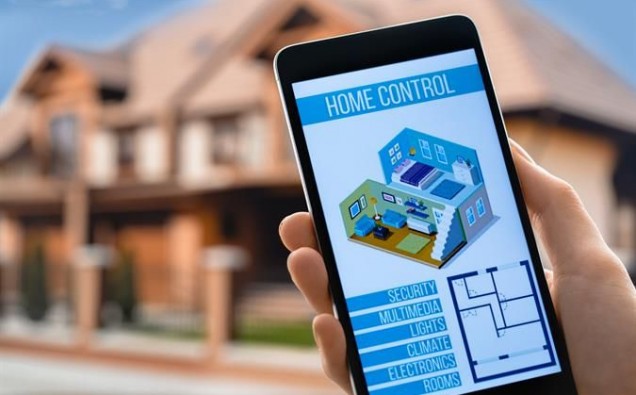In EBI’s 18 years of experience in this area, the latest advancements in technology, particularly AI in the form of bots, chatbots and virtual assistants, are set to revolutionise the way tenants and landlords interact with each other.
Let’s take a closer look:
1.Satisfy the needs of a tech-savvy generation – many tenants are tech-savvy and expect immediate results. They see the landlord/tenant relationship primarily as a service provider/customer one. Why send an email or phone when it can take less than a minute to report a broken washing machine and have an appointment booked in for a repair? The fact is, AI improves the speed and efficiency with which tenants can report simple maintenance issues.
2.Seamless move-in experience – the latest bots are designed to help people settle into their new home the moment they open the front door, from letting them know where they can buy groceries down to giving instructions on how to use their induction hob. The beauty of bots is they learn from tenant queries so the more they are used, the smarter they become.
3.Virtual assistance for time-poverty – AI offers a quick solution for time-strapped tenants. Everyone, from young, professionals working long hours in the City to busy families with small children or pleasure-seeking retirees, can use AI chatbots to ask tenancy questions 24/7 from the comfort of their home.
4. Minimise the maintenance headache – for property managers and housing associations, maintenance issues can be a time-consuming headache that gets in the way of delivering great customer service. Organisations can integrate the bot technology they offer tenants with the calendars of in-house maintenance engineers to offer time slots automatically to residents and then ensure the right engineers are available to fix that broken-down boiler, cooker or leaky tap.
5. More time for quality service – because bots, chatbots and virtual assistants take on more routine tasks like maintenance requests and contract information, they free up property managers and housing association directors to concentrate on the overall service and maintenance of the building, providing a better experience for tenants.
6. Improve and extend the service culture – AI is based on machine learning meaning the more it is used, the better it gets. Organisations can easily add a feedback functionality to their tenant bots to better understand their needs, improve their rental offering and deliver a highly personalised customer experience. Once perfected, the bot can be replicated to support other properties in an organisation’s portfolio, saving time and money on building an AI solution from scratch.
7. Create connected neighbourhoods – with the ability to bring together, analyse and communicate data across the whole property eco-system – everyone and everything from tenants, landlords, maintenance staff to white goods suppliers, utilities providers and gardening services – AI has the power to accelerate and simplify interactions to create connected neighbourhoods where residents, landlords and businesses flourish. It’s a great model for the future.


















